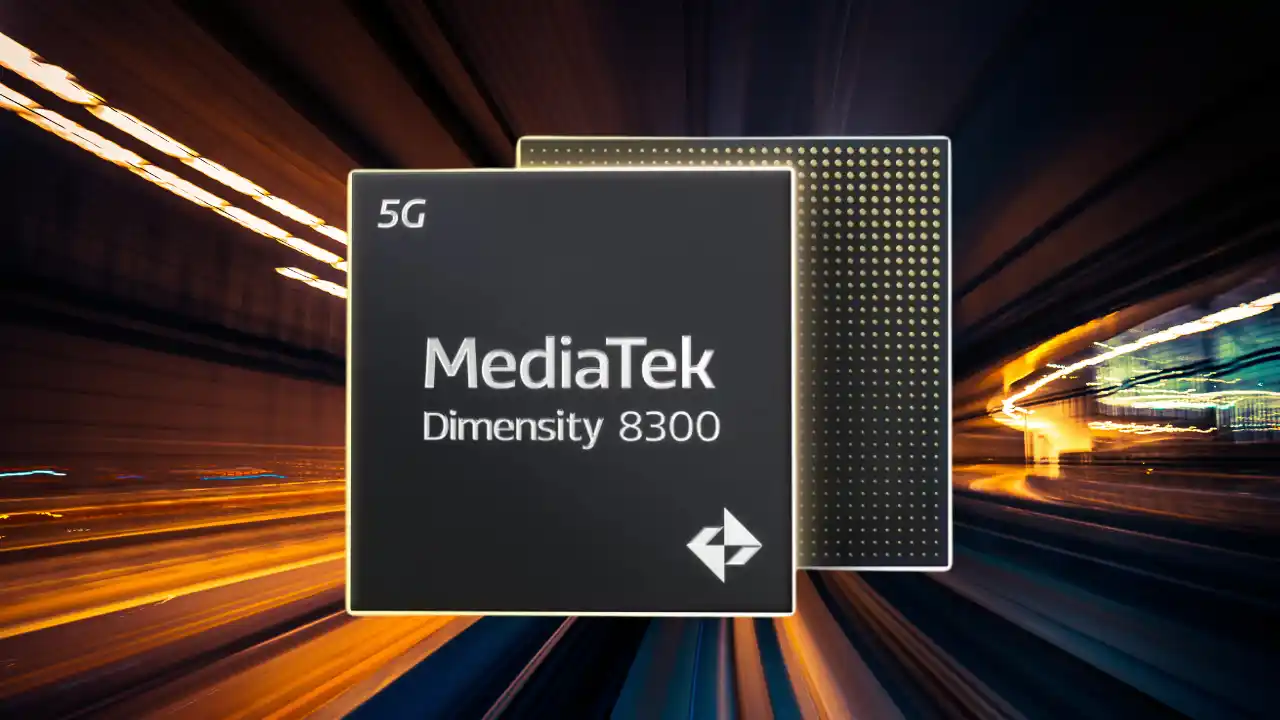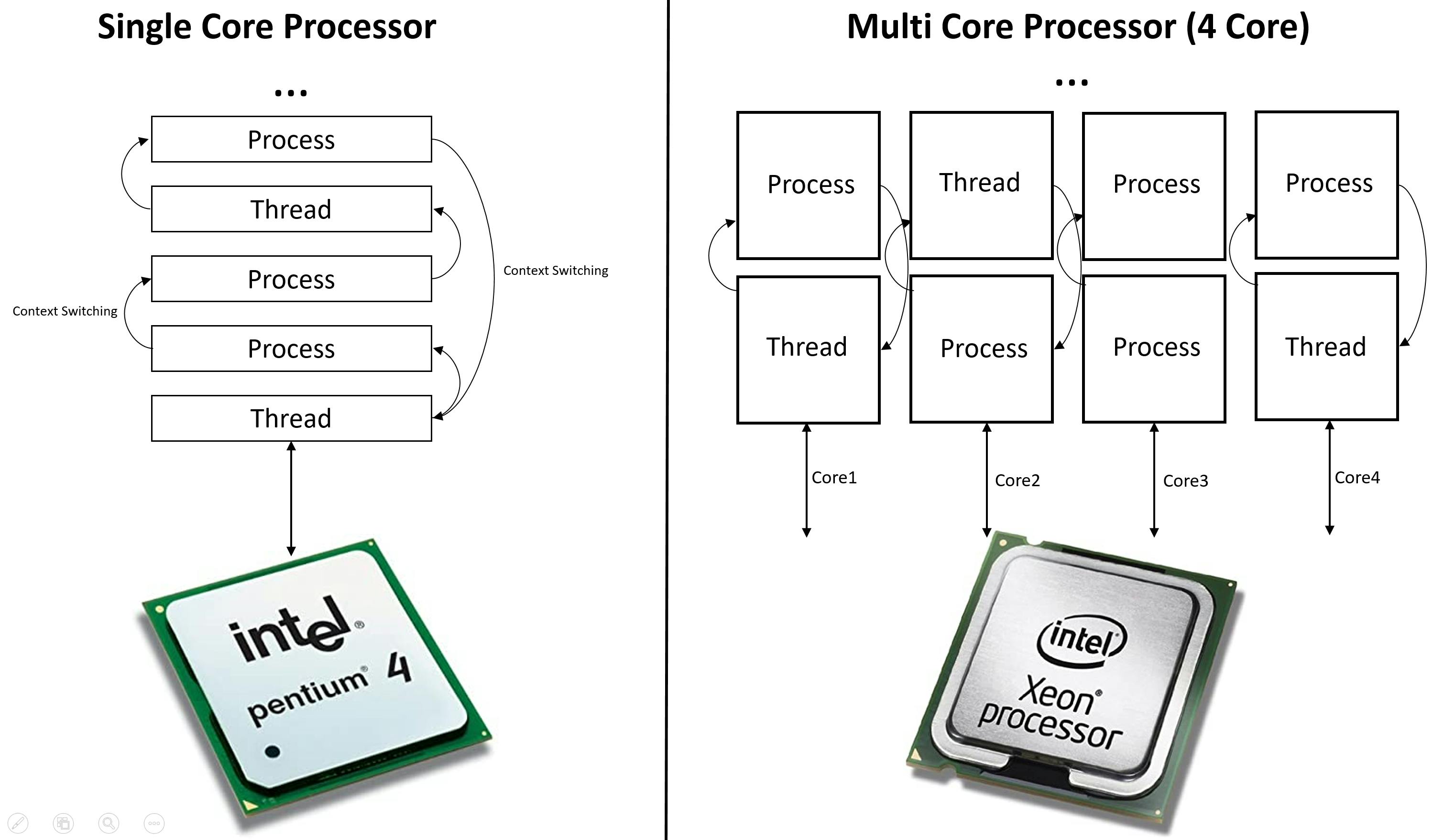Qualcomm Snapdragon processors are renowned for their exceptional performance, powering many of the world’s leading smartphones.
1. Qualcomm Snapdragon Processor:

Types of android Mobile Processors :-They are designed to deliver high-speed processing, efficient power consumption, and advanced features like AI computing and superior graphics handling. In the Snapdragon series, the Snapdragon 8 Gen 2 stands out for its remarkable capabilities. It’s in this context that the HONOR Magic V2 shines. Equipped with the Snapdragon 8 Gen 2, the HONOR Magic V2 offers users an unparalleled experience.
This powerful processor ensures that the device delivers lightning-fast responses, enhanced multitasking, and top-notch gaming and multimedia experiences, all while maintaining energy efficiency. For HONOR Magic V2 users, this means a smartphone experience that’s not just about seamless operation, but also about pushing the boundaries of what a mobile device can do, powered by one of the most advanced processors in the market.
2. MediaTek Processor:

MediaTek processors are known for providing a cost-effective yet powerful solution for Android smartphones. These chips find their place in a variety of devices, offering a balance between performance and affordability. MediaTek processors often feature competitive specifications, making them a popular choice for budget and mid-range smartphones.
3. Exynos Processor: Developed by Samsung, Exynos processors are commonly found in Samsung Galaxy smartphones. These chips emphasize a combination of performance and energy efficiency. Samsung’s Exynos line often integrates advanced graphics capabilities and supports various connectivity standards, contributing to a smooth and responsive user experience.
4. Kirin Processor: Huawei’s Kirin processors are designed to complement their line of smartphones, providing a tailored and optimized experience. Known for their AI capabilities and robust performance,
Kirin chips offer efficient power management and support cutting-edge camera features. These processors showcase Huawei’s commitment to integrating advanced technologies into their devices, enhancing overall user satisfaction.
What Determines the Processor Speed?
The speed of a smartphone processor hinges on key factors, including the number of processor cores and clock speed.
Clock Speed
The clock speed of a smartphone processor plays a crucial role in determining its processing capabilities, indicating the number of instructions it can execute per second.
For instance, a processor with a clock speed of 1 Gigahertz (GHz) can process 1 billion instructions in a single second. Generally, higher clock speeds contribute to faster performance in phones,
and this is often noticeable in premium smartphones, where the processor cores boast higher clock speeds compared to more budget-friendly devices.
Processor Cores

The speed of a smartphone is also influenced by the number of processor cores it has. The processor, or CPU, in a smartphone, comprises multiple cores, categorized as Dual, Quad,
Hexa, and Octa core. Essentially, each core operates like an individual processor, and more cores mean that the phone can handle multiple tasks simultaneously with greater efficiency.
This multi-core setup allows for better multitasking, smoother operation of applications, and improved performance during demanding tasks like gaming or video editing. For instance,
while a dual-core processor can handle basic functions with ease, an octa-core processor divides the workload across more cores, leading to faster processing and a more responsive user experience.
Conclusion
In conclusion, the processor in a mobile phone is the cornerstone of its functionality, dictating everything from basic operations to advanced computing tasks. Its speed,
influenced by factors such as clock speed, number of cores, and architecture, plays a pivotal role in determining the overall performance and efficiency of the device. As technology advances,
processors like the Snapdragon 8 Gen 2 are setting new benchmarks in processing power, offering users faster, more efficient, and smarter smartphones.
FAQ
Is a 2 GHz processor good for a mobile?
A 2 GHz processor is considered decent for basic smartphone tasks. However, for more demanding activities like gaming and intensive multitasking, a higher GHz rating might be preferable.
Can a phone work without a processor?
No, a phone cannot function without a processor. The processor is the central unit responsible for executing commands and managing the device’s operations.
What is a good processor speed for a smartphone?
A good processor speed for a smartphone depends on your usage. For average users, a processor with a speed between 2.0 GHz to 2.5 GHz should suffice. Gamers and power users may opt for processors with higher clock speeds for optimal performance.

